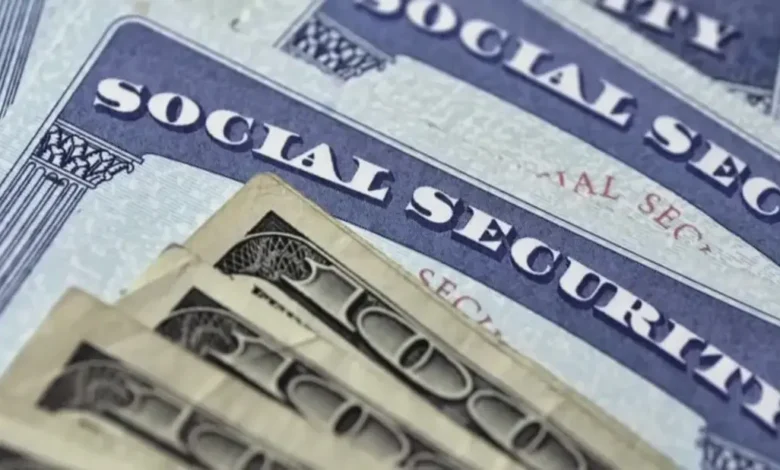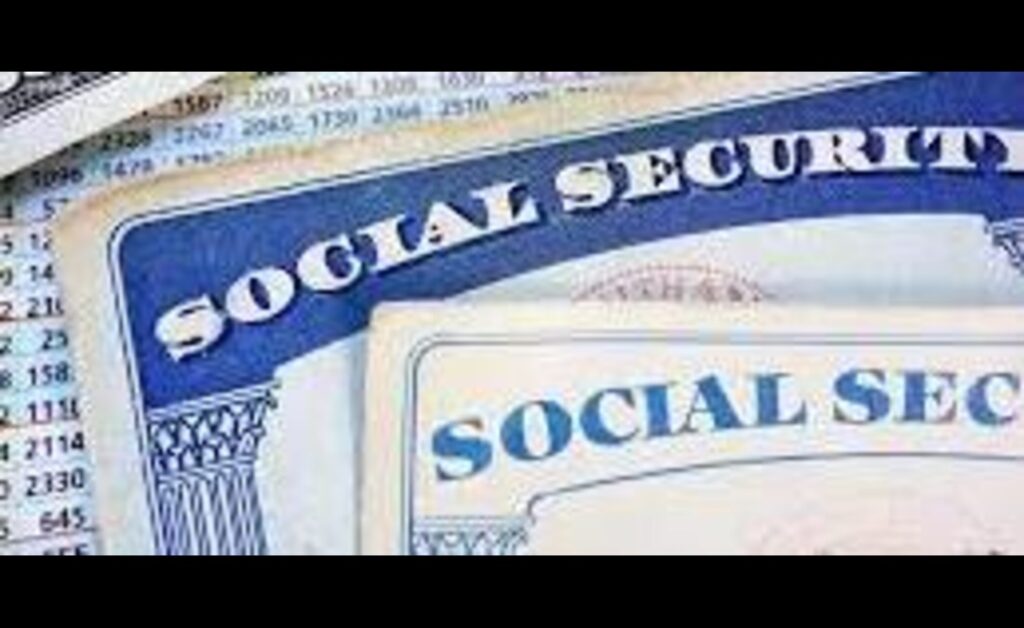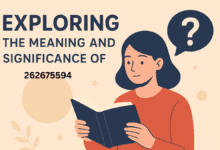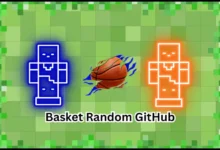Understanding “Tododisca Fake” – Exploring the Implications of Piracy in the Digital World

In the age of instant access to music and entertainment, online platforms that provide downloadable content have become increasingly popular. One such platform, “Tododisca,” has attracted attention due to its offerings of free music downloads. However, the term “tododisca fake” has emerged in discussions around the authenticity and legality of the site. In this article, we will explore the implications of piracy in the digital world, the controversy surrounding Tododisca, and how users can protect themselves from fake and illegal content.
What is Tododisca?
Tododisca is an online platform that allows users to download music, primarily targeting Spanish-speaking audiences. It provides free access to a wide variety of songs, albums, and other audio content, with a focus on Latin music genres such as reggaeton, pop, salsa, and others. Like many other free music download sites, Tododisca claims to offer high-quality content without charging users.
While platforms like Tododisca are often attractive to users who want free access to music, they raise serious concerns about the legality of the content being provided. Music piracy, or the unauthorized distribution and download of copyrighted material, is a violation of intellectual property laws in many countries.
What Does “Tododisca Fake” Mean?
The term “tododisca fake” is typically used to refer to the questionable authenticity of the content or the site itself. There are a few key issues tied to the “fake” label:
- Pirated Content: The most common implication of “tododisca fake” is that the website may be distributing pirated versions of copyrighted music. Instead of offering authorized content, Tododisca may provide downloads that have been illegally uploaded or shared without the permission of the artists or record labels. This pirated content is often referred to as “fake” because it has not been legally obtained or distributed.
- Inaccurate or Mislabeled Files: Another possibility is that users searching for specific tracks on Tododisca may encounter files that are mislabeled or do not match the content they were expecting. In this case, “tododisca fake” could be a reference to the lack of accuracy in the metadata of the files, leading to confusion and frustration for users.
- Malicious Software or Malware: In some cases, the term “fake” could also refer to the presence of malicious software or viruses that may be bundled with downloadable files on the site. Unsuspecting users may download music files that, when opened, contain harmful programs designed to steal personal data or damage their devices. This is a common tactic used by unscrupulous websites to monetize traffic or infect a large number of users.
Legal and Ethical Concerns Surrounding Tododisca Fake
The widespread availability of music download sites like Tododisca has led to a rise in piracy-related issues. Let’s explore some of the key legal and ethical concerns:
Intellectual Property Violations
The primary concern with sites like Tododisca is that they often distribute pirated music without the consent of the artists, songwriters, and record labels who own the rights to the content. This distribution undermines the hard work of creators and impacts their ability to profit from their work. Music piracy affects the entire music industry ecosystem, including producers, sound engineers, and musicians, leading to significant financial losses.

In many countries, downloading or distributing pirated music is illegal and can lead to serious legal consequences. Users who engage with platforms like Tododisca, especially under the notion that they are downloading free music legally, might unknowingly be participating in illegal activity.
The Ethics of Free Content
There is an ongoing debate regarding the ethics of downloading free music from pirated sites. Some argue that people deserve access to music, especially in areas where official platforms might be expensive or unavailable. However, it is essential to recognize that this “free” content comes at a cost to the artists and industry professionals who rely on sales, streaming revenue, and concert ticket sales to sustain their careers.
Ethically, supporting illegal sites that distribute copyrighted music without permission contributes to an unfair system that deprives artists and creators of the compensation they deserve for their work.
Security Risks and Scams
Another significant concern with using platforms like Tododisca is the risk of encountering malware or malicious software. In an effort to increase traffic to these pirated music websites, hackers often insert harmful code into the downloadable files. These malicious files can damage users’ devices or compromise sensitive information.
By visiting questionable websites that offer free downloads, users risk exposing themselves to identity theft, financial fraud, and other cybercrimes. Even if a user believes they are downloading harmless music, they may unknowingly be installing harmful software on their system.
How to Identify Fake Music Download Sites
While Tododisca may be one example of a potentially fake music download platform, there are many others out there. It is important to stay vigilant and recognize the warning signs of a fake or illegal music website:
- Lack of Official Licensing: If a website does not provide information about its licensing agreements with artists, labels, or distributors, it is likely distributing pirated content.
- Suspicious File Formats or Metadata: Pay attention to the file types and metadata associated with downloadable music files. If a website is offering files that appear to be mislabeled or inconsistent with the artist’s original work, it could be an indication of a fake or fraudulent platform.
- Pop-Up Ads and Unwanted Downloads: Websites offering free downloads of copyrighted music often feature invasive pop-up ads or prompt users to download additional software, which may be malware or adware.
- Unusual Website Design or Content: Fake sites tend to have unprofessional, poorly designed pages with broken links, misspelled words, or outdated content. These issues can be red flags that a website is not legitimate.
Legal Alternatives to Tododisca
Instead of resorting to pirated platforms like Tododisca, users can explore numerous legal alternatives to enjoy music without breaking the law. Some options include:
- Subscription-Based Music Streaming Services: Platforms like Spotify, Apple Music, and YouTube Music offer millions of songs for a monthly subscription fee. These services ensure that artists are compensated fairly for their work while providing users with access to high-quality music.
- Ad-Supported Free Services: Many streaming platforms, such as Pandora or Spotify’s free tier, offer free access to music with occasional ads. This allows users to enjoy music legally without having to pay a subscription fee.
- Music Purchase Platforms: Services like iTunes, Amazon Music, and Google Play Music allow users to purchase individual songs or albums to download and own. This method ensures artists and producers are paid for their content.
- Public Domain and Creative Commons Music: For those who prefer free downloads, there are legal options available through sites like Free Music Archive and Jamendo, which host music from independent artists released under licenses that allow free distribution.
Conclusion: The Importance of Protecting Artists and Intellectual Property
While it is tempting to download music from free platforms like Tododisca, the consequences of using pirated sites are far-reaching, both legally and ethically. The rise of illegal music-sharing websites has a detrimental effect on the music industry, depriving artists, songwriters, and producers of their rightful earnings.
Instead of turning to fake and potentially harmful platforms, users should support legal alternatives to enjoy music. Subscription services, ad-supported platforms, and official music stores ensure that artists are compensated for their work while offering users high-quality content.
In the ever-changing digital landscape, it is essential to be aware of the risks associated with pirated music and to make informed choices that benefit both the creators and the consumers of music alike. Protecting intellectual property rights ensures a sustainable and thriving music industry for years to come.







